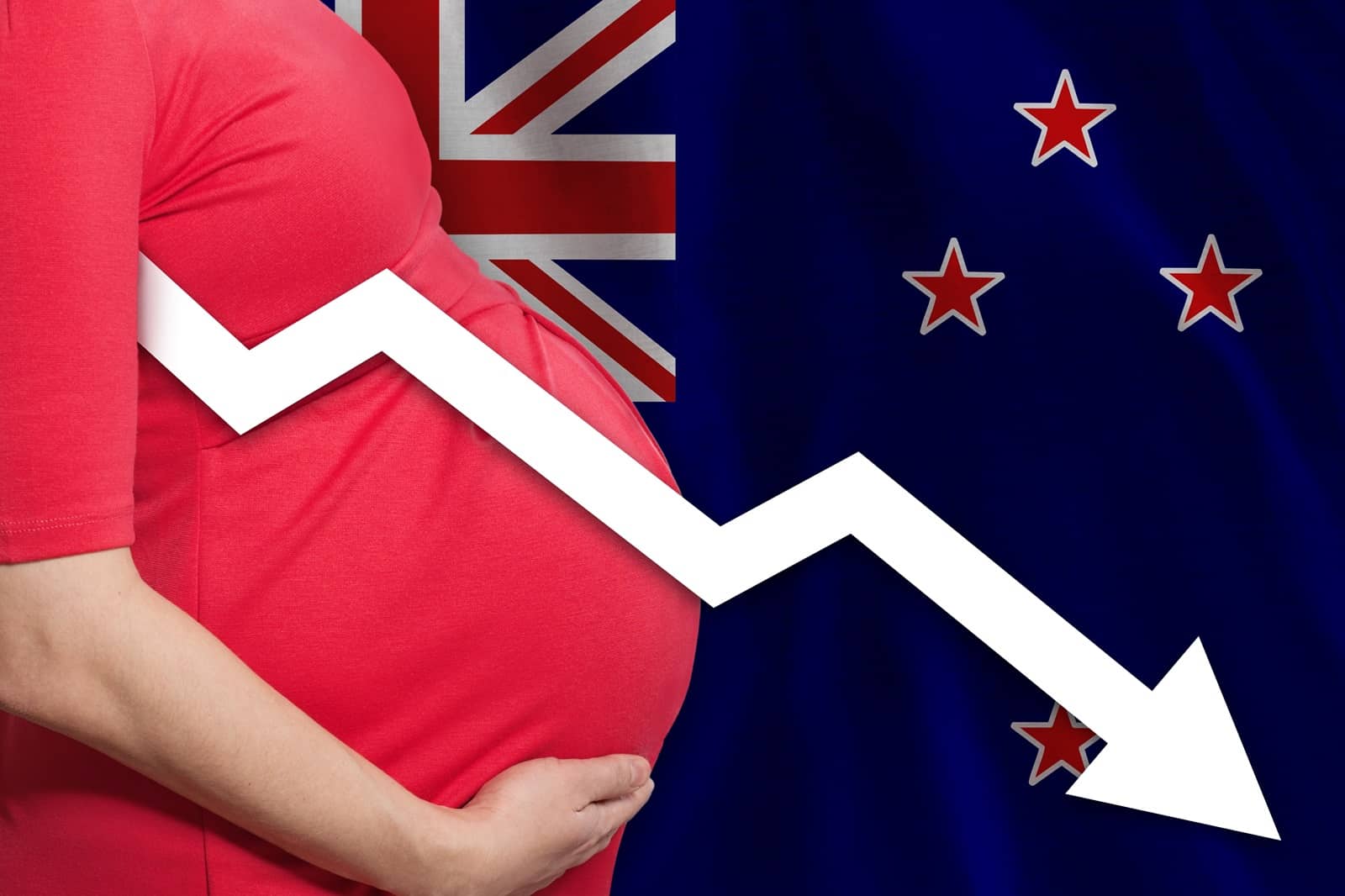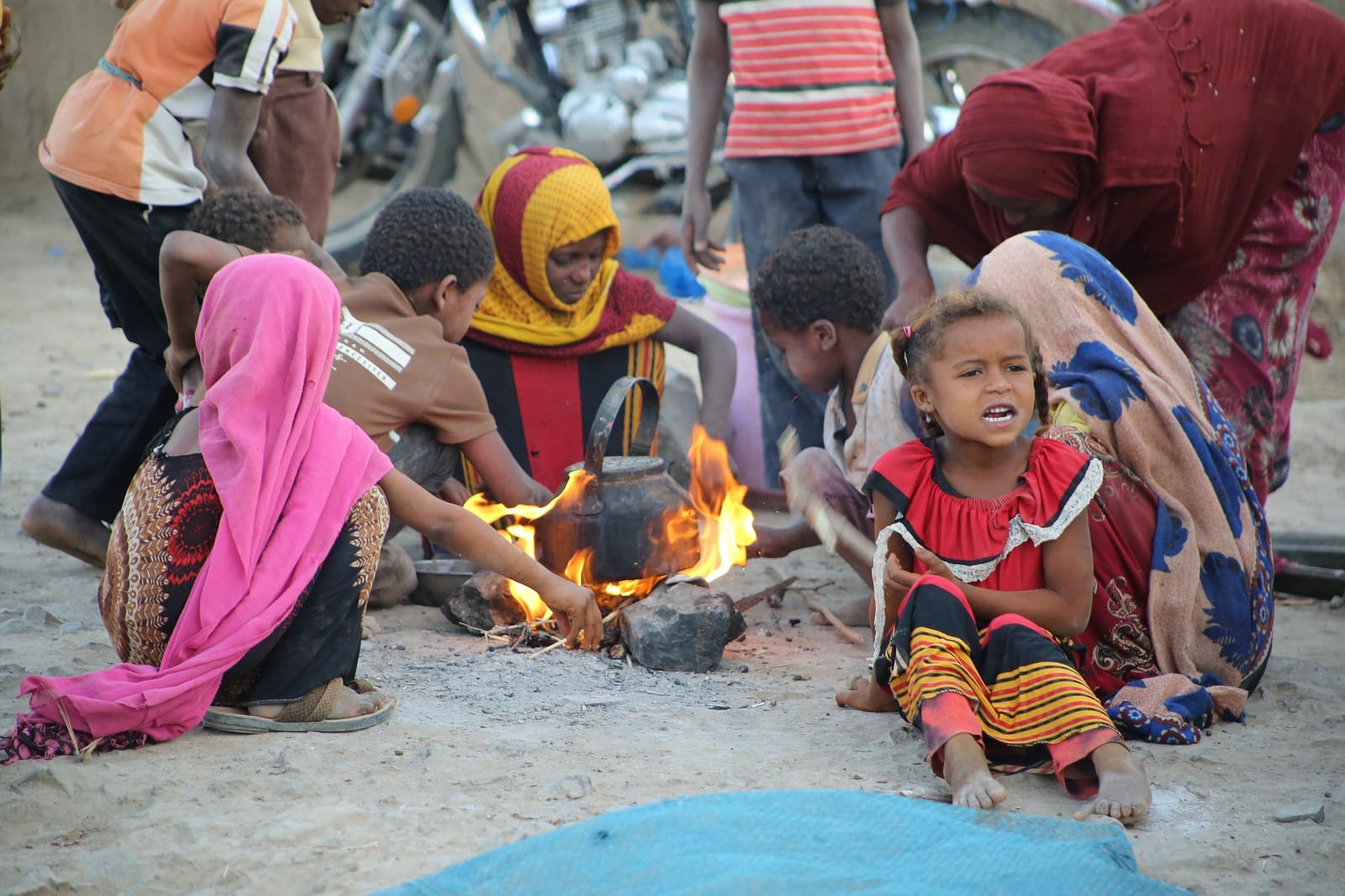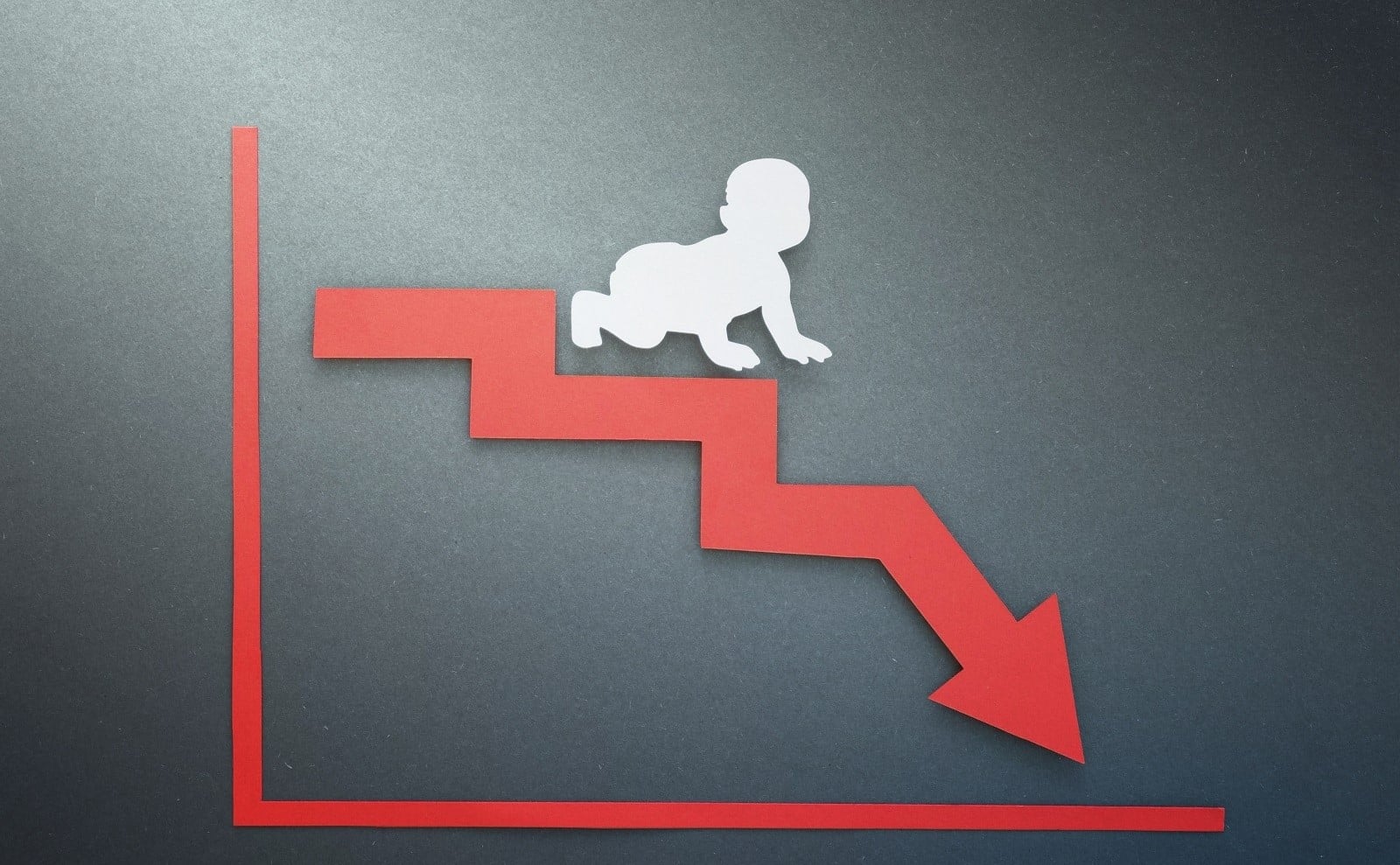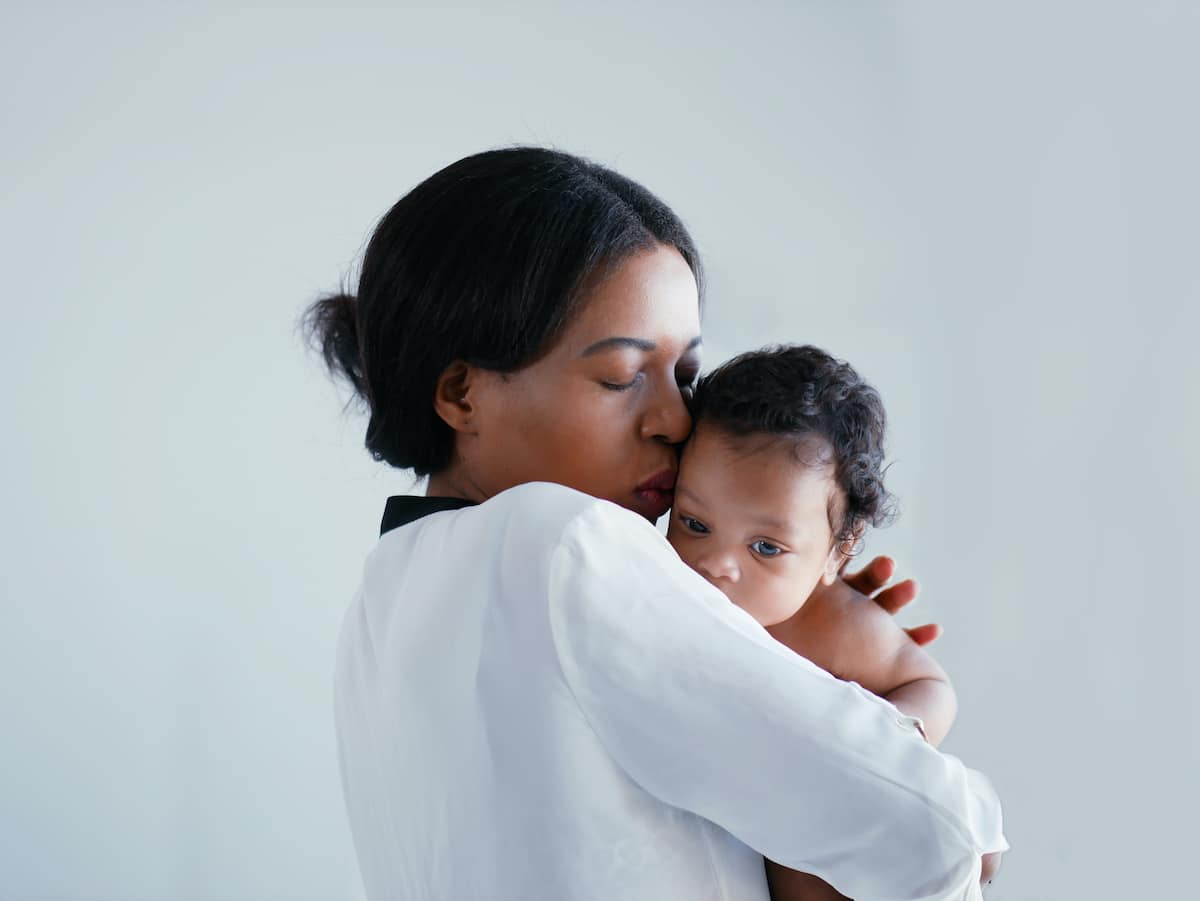As fertility rates decline in the UK, a new study reveals the nation’s looming reliance on immigration, sparking debates on policy responses and the future of demographic resilience. Here’s the full story.
“Child Free”

Recently, a lot of attention has been paid to the “Child Free” movement, in which women are choosing not to have children, either because the cost of living has made having kids almost unaffordable or because the planet’s future seems so dire.
No, Thanks

With the climate catastrophe getting rapidly closer on the horizon and the ever-increasing cost of living vastly outpacing wage growth, perhaps it is of little surprise that many women up and down the country are simply refusing to have children.
Educational Improvements

There has been long-standing research that shows that, as women’s educational outcomes improve, so does the birth rate of a country begin to fall, as women can make informed choices about procreating rather than being forced to do so.
Demographic Time Bomb

However, new research published in The Lancet has shown how serious the demographic time bomb has become, with the study suggesting that falling birth rates will make the UK dependent on immigration for nearly eight decades.
Birth Revelation

This revelation stems from an analysis conducted in the Global Burden of Disease, Injuries, and Risk Factors study, which forecasts a global trend of declining fertility rates.
Below the Threshold

The study indicates that by the year 2100, the UK and 198 other countries will grapple with fertility rates below the threshold necessary to sustain population levels without external assistance.
Demographic Surge

Particularly striking is the prediction that sub-Saharan Africa will witness a significant demographic surge, accounting for one out of every two births worldwide by the end of the century.
Steady Decline

In Western Europe, including the UK, the total fertility rate has been steadily declining. In 2050, the UK’s fertility rate is estimated to be 1.38, dropping to 1.30 by 2100.
2.1 Children

These figures fall below the critical replacement rate of 2.1 children per woman required to maintain a stable population without relying on immigration.
“Serious Challenges”

The researchers caution that such demographic shifts would pose “serious challenges” to global economic growth and that strategic interventions to bolster fertility rates and mitigate the adverse effects of demographic decline would be required to mitigate the worst of the persistent trend.
Below Replacement Levels

While certain social policies, such as enhanced parental leave and free childcare, may marginally boost birth rates, most nations are projected to remain below replacement levels.
Far-Reaching Implications

Dr. Natalia V Bhattacharjee, co-lead author of the study and lead research scientist from the Institute for Health Metrics and Evaluation (IHME) at the University of Washington’s School of Medicine, underscores the far-reaching implications of these findings.
“International Balance of Power”

metamorworks
Bhattacharjee stated, “The implications are immense. These future trends in fertility rates and live births will completely reconfigure the global economy and the international balance of power and will necessitate reorganizing societies.”
“Staggering Social Change”

Senior author Professor Stein Emil Vollset echoed these concerns: “We are facing staggering social change through the 21st century. The world will be simultaneously tackling a ‘baby boom’ in some countries and a ‘baby bust’ in others.”
Considerable Variations

The analysis projects considerable variations in fertility rates worldwide, with Niger anticipated to maintain the highest fertility rate by 2050, while South Korea faces the lowest fertility rate.
Niger

The report predicted that by 2050 Niger would have around five children per woman of childbearing age, though this may fall to 2.7 children if educational targets were met.
South Korea

South Korea’s outcomes are vastly different, with an expected 0.82 children per woman by the same point.
50% Decline

Globally, the researchers noted that the total fertility rate has declined by more than fifty per cent over the past seven decades, plummeting from approximately five children per woman in 1950 to 2.2 children per woman in 2021
“No Silver Bullet”

Addressing the imminent demographic challenges, Dr. Bhattacharjee stated, “There’s no silver bullet. Social policies to improve birth rates such as enhanced parental leave, free childcare, financial incentives, and extra employment rights, may provide a small boost to fertility rates, but most countries will remain below replacement levels.”
“A Youthful Population”

She continued, “And once nearly every country’s population is shrinking, reliance on open immigration will become necessary to sustain economic growth. Sub-Saharan African countries have a vital resource that ageing societies are losing – a youthful population.”
“More Draconian Measures”

However, Dr Bhattacharjee also added a warning that could be gleaned from the figures: “There is very real concern that, in the face of declining populations and no clear solutions, some countries might justify more draconian measures that limit reproductive rights.
“Women’s Rights Are Promoted”

She continued, “It is well established that nations with strong women’s rights are more likely to have better health outcomes and faster economic growth. It is imperative women’s rights are promoted and protected and that women are supported in having the number of children they wish and pursuing their careers.”
Reliance on Immigration

The latest research underscores the reliance ageing populations like the UK will have on immigration to ensure continued economic and societal growth.
Bad Luck

Ironically, the very thing that may end up saving Europe’s older, ageing nations is the one thing that their populations seem so dead set against immigration.
Uncertain Future

Whether this will change as more women choose not to have children they cannot afford on a planet that is dying remains to be seen.
More Articles Like This…
Broken Britain: 12 Reasons Behind the UK’s Decline
Say the Unsayable: 10 Occasions When Farage Spoke His Mind About Britain
The post UK Dependant on Immigration Due to Falling Birth Rates, Study Finds first appeared on Edge Media.
Featured Image Credit: Shutterstock / PorporLing.
Grant Gallacher is a seasoned writer with expertise in politics and impactful daily news. His work, deeply rooted in addressing issues that resonate with a wide audience, showcases an unwavering commitment to bringing forth the stories that matter. He is also known for satirical writing and stand up comedy.

